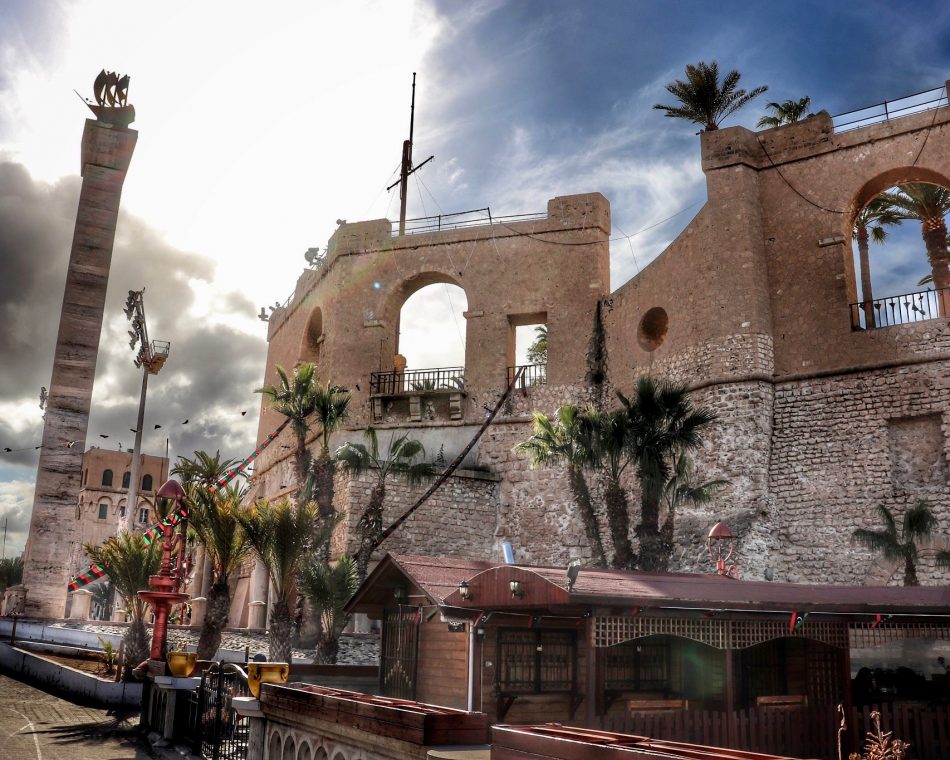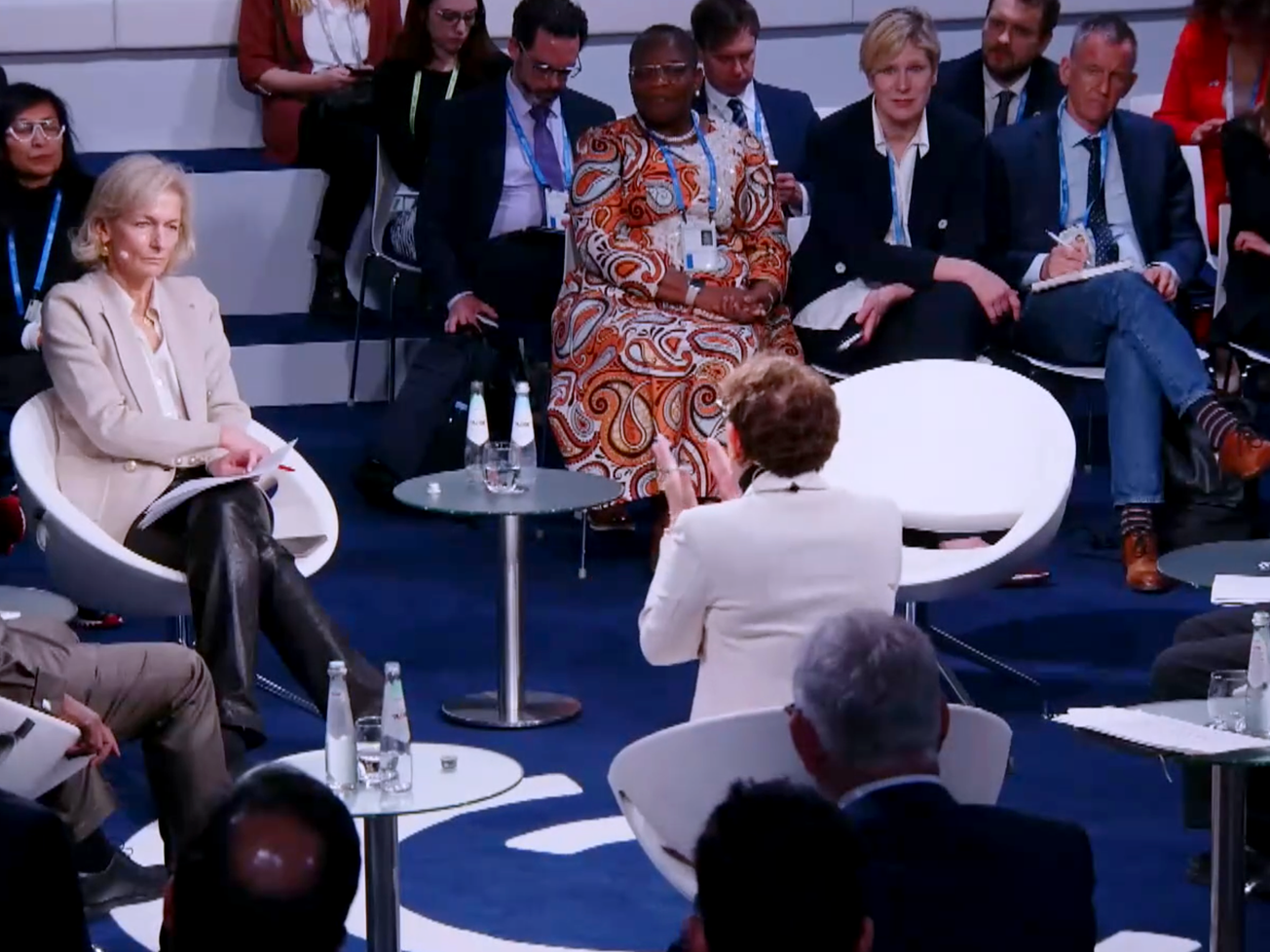The United Nations-backed administration in Libya transitioned to an interim government without a hitch on Tuesday, capping a diplomatic process meant to lead to nationwide democratic elections in late December.
At a ceremony in Libya's capital Tripoli, the outgoing prime minister, Fayez al-Sarraj, and his U.N.-backed Government of National Accord handed power to Libyan businessman Abdul Hamid Mohammed Dbeibah, the interim prime minister, and Libyan diplomat Mohammad Younes Menfi, leader of a three-person presidential council, along with Mossa al-Koni and Abdullah Hussein al-Lafi.
Earlier in the week, the new Government of National Unity was sworn in before Libya's House of Represenatives in Tobruk.
Ján Kubiš, a Slovak diplomat and U.N. special envoy to Libya who heads the U.N. Support Mission in Libya, or UNSMIL, urged the interim government to address "the many challenges the Libyan people face, enhance the living conditions and basic services and prepare the country for the holding of inclusive national elections," according to a statement.
Last month, the interim government's four members were chosen by delegates to a U.N.-backed forum in Geneva according to a plan to balance regional and political interests in the North African nation. Their main task is to hold nationwide elections for the presidency and parliament, creating a unified government.
The elections are scheduled for Dec. 24, a public holiday that will mark the 70th anniversary of Libya declaring its independence from Britain and France in 1951.
If you think a smooth handover ceremony is normal, think again. In Libya it is not. In 2014 lack of proper handover between outgoing & incoming parliament was among the triggers for the institutional divides that set in for subsequent 6 years. https://t.co/onEZL2zyrl
— Claudia Gazzini (@ClaudiaGazzini) March 16, 2021
Report shows alleged bribes
A U.N. expert panel for the 15-nation U.N. Security Council, the world body's most powerful arm, found "at least three participants were offered bribes to vote for a specific candidate as prime minister," said a 548-page report on Tuesday.
"The forum participants involved in the incident were categorical in their rejection of the bribes." Libya's attorney general also received complaints. But the panel said it "does not envisage any further reporting on the issue."
The report said the council's 2011 arms embargo on Libya that was supposed to prohibit the export of all arms and related materials "remains totally ineffective," while terrorist groups continue to carry out violent acts that have a "disruptive effect on the stability and security of the country."
It also said authorities in Libya’s east were still managing to illegally import aviation fuel and to export crude oil.
After a 2011 NATO-backed uprising deposed and killed longtime dictator Muammar Gaddafi, Libya's three main regions were split between rival governments and militias competing for power and oil. The U.N.-backed political process has brought unification, but dangers remain.
The U.N. Security Council last week unanimously called on all 20,000 foreign forces and mercenaries from nations such as Russia, Syria, Sudan and Turkey to withraw from Libya "without further delay."







